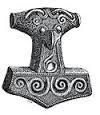

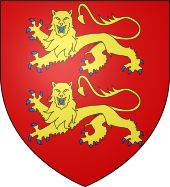
Commissioner Mentz Becomes Datuk Seri George Mentz, JD MBA CWM
The Rarity of an
American Receiving the Datuk Seri Title: Commissioner George Mentz and the Cross-Cultural Recognition by Sultan
Muhammad Yunus Abdullah Rahmadsyah Al-Haj In April 2024, Sultan Muhammad Yunus Abdullah Rahmadsyah Al-Haj, the sovereign ruler of the Diraja Airtiris Melayu Kampar Sultanate, conferred the noble and prestigious Datuk Seri title upon Commissioner George Mentz, JD MBA, an American lawyer, educator, and international law professor. This rare honor for an American signifies profound recognition of Mentz's contributions to education and his efforts in fostering cross-cultural collaboration. While the Datuk Seri title is deeply rooted in Malay and Indonesian culture, its significance can be understood more universally by comparing it to historic European titles such as German, English, and French nobility. This essay will explore the rarity of such an award, its cultural significance, and its parallels to European titles of the past. The Datuk Seri Title: A Rare Honor for Non-Malaysians The title of Datuk Seri is one of the highest honors that can be bestowed by a Malay or Indonesian Sultanate. Reserved for individuals who have made substantial contributions to society, the title is often given to national leaders, business magnates, and individuals who have had a profound impact on the cultural or social fabric of the nation. For non-Malaysians, particularly Americans or Europeans, receiving this title is exceptionally rare. Commissioner George Mentz, an internationally recognized lawyer, educator, and academic, is one of the few Americans to receive such an honor. Mentz's contributions to global education and his work in law have earned him this distinguished recognition from the Diraja Airtiris Melayu Kampar Sultanate. The Sultanate’s acknowledgment of Mentz demonstrates the cross-cultural and international significance of his achievements, highlighting his role in promoting educational excellence and cultural diplomacy on a global scale. Datuk Seri:
Comparing Datuk Seri to European Titles To better understand the prestige of the Datuk Seri title, it can be compared to equivalent noble titles in historic German, English, and French traditions:
By awarding the Datuk Seri title to Commissioner Mentz, the Sultanate has recognized him as someone of noble standing in both cultural and societal terms, much like the European nobility who were entrusted with upholding their countries' values and customs. Malay and Indonesian Cultural Significance of Datuk Seri The Datuk Seri title is embedded in the rich cultural heritage of Malay and Indonesian traditions, where adat (customary law) plays a significant role in the social hierarchy. Traditionally, these titles were given by Sultans and royal families to those who contributed to the prosperity of the kingdom or the community. The title confers not only prestige but also responsibility, signifying that the recipient is expected to continue contributing to the betterment of society. In this case, Sultan Muhammad Yunus Abdullah Rahmadsyah Al-Haj bestowed the Datuk Seri title upon George Mentz as part of the Order of the Noble Seri Mahkota (D.M.S.M.K.D.). This award acknowledges Mentz’s educational contributions and his efforts in fostering cross-cultural unity between the East and the West. The Sultan’s recognition of Mentz highlights the significance of education as a universal value, one that transcends borders and unites people across different faiths and cultures. Commissioner George Mentz as Yang Berbahagia (YB) With the conferment of the Datuk Seri title, Commissioner Mentz is now addressed with the honorific Yang Berbahagia (YB), which translates to “The Honorable” or “The Most Honored”. This title is a formal way of acknowledging Mentz’s elevated status and noble role within the Diraja Airtiris Melayu Kampar Sultanate. Much like European titles that granted social status and recognition, the YB honorific reflects a deep responsibility for Mentz. As The Honourable Yang Berbahagia (YB) Datuk Seri Diraja Airtiris Melayu Kampar, Mentz is now considered a key figure in promoting not only Malay culture but also global interfaith dialogue. This recognition extends beyond his academic achievements, positioning him as a cultural ambassador who fosters understanding between Western and Eastern societies. The Cultural Diplomacy of the Diraja Airtiris Melayu Kampar Sultanate The decision by Sultan Muhammad Yunus Abdullah Rahmadsyah Al-Haj to bestow the Datuk Seri title upon an American underscores the Sultanate’s commitment to international cooperation and cultural diplomacy. The Sultanate, like many others in Indonesia and Malaysia, values its historic traditions, but it also recognizes the importance of engaging with global figures who can contribute to the cross-cultural exchange. The conferral of this title upon Commissioner Mentz demonstrates the Sultan’s vision of fostering interfaith and cross-cultural unity. Mentz’s work in education, combined with his legal expertise, aligns with the values of leadership and service that the Sultanate seeks to promote. As an individual who bridges the gap between cultures, Mentz embodies the qualities of a Datuk Seri: leadership, dedication, and a commitment to advancing global understanding. Press Release Summary In a rare and prestigious event, Sultan Muhammad Yunus Abdullah Rahmadsyah Al-Haj, the sovereign ruler of the Diraja Airtiris Melayu Kampar Sultanate, has conferred the title of Datuk Seri upon Commissioner George Mentz, JD MBA. The esteemed title, part of the Order of the Noble Seri Mahkota (D.M.S.M.K.D.), was awarded in recognition of Mentz’s educational contributions and his efforts in promoting cross-cultural unity. This honor is particularly notable as it is rarely bestowed upon non-Malaysians, and Mentz is now formally recognized as The Honourable Yang Berbahagia (YB) Datuk Seri Diraja Airtiris Melayu Kampar. The conferment ceremony was supported by prominent figures such as Sir Sean Rozario, Lady Datin Seri Mariza Goh, Datuk Seri Dr. P Thirunal Karasu, and Tan Sri Datuk Bharat K Ajmera, who were present to celebrate the event. Conclusion The awarding of the Datuk Seri title to Commissioner George Mentz reflects both the rarity and the significance of such a title being conferred on an American. Much like the noble titles of Freiherr, Baronet, or Chevalier in European tradition, the Datuk Seri title carries not only prestige but also the expectation of continuing service to society. Mentz’s recognition by Sultan Muhammad Yunus Abdullah Rahmadsyah Al-Haj underscores the importance of cultural diplomacy and the value of fostering interfaith unity across national boundaries. As The Honourable Yang Berbahagia Datuk Seri, Mentz now holds a position of great esteem in both the Malay world and the global community.
Comparison of UK and Asian Noble Titles
Key Differences Between UK and Asian Nobility
Receiving the Datuk Seri title from the Sultan of Kampar, with the approval of the government of Riau, is a prestigious honor that carries deep cultural, historical, and political significance. This recognition is part of a long-standing tradition in the Malay Archipelago, dating back over a thousand years, and is still very much relevant today. To fully appreciate the meaning of receiving such a title, it is important to understand the broader context of Southeast Asia, the historical role of titles like Datuk Seri, and the comparison of populations across the region, which together exceed those of the United States and Western Europe. The Datuk Seri Title: Historical Context and MeaningThe Datuk Seri title is a high-ranking honor that has been awarded in Southeast Asia for over a thousand years. Originally rooted in the Malay Sultanates, this title has been passed down through generations as a mark of respect for individuals who have demonstrated exceptional contributions to society, whether in leadership, business, public service, or other fields. Historically, the title was reserved for individuals of high social standing or those who had served the Sultan or their communities with distinction. The Datuk Seri title is not just a personal honor; it is a public acknowledgment of a person’s positive impact on their community and the nation. It carries immense prestige, especially in Malaysia and Indonesia, where it remains a highly respected form of recognition. Over the centuries, the title has evolved, but its importance has never diminished. Today, it is still bestowed by various Malay Sultans, including the Sultan of Kampar in Indonesia, with the official approval of the local or national government, which ensures the legitimacy of the award within the modern framework of governance. Riau’s Role within IndonesiaRiau is a province in Indonesia, located on the east coast of Sumatra, historically part of the Malay Sultanate of Riau-Lingga. While Riau is now an integral part of Indonesia following the country's independence in 1945, it continues to maintain strong historical and cultural ties with Malaysia and other parts of the Malay Archipelago. The Sultan of Kampar, as a traditional ruler, still holds significant influence in this region. His role in granting titles such as Datuk Seri is symbolic of the ongoing reverence for tradition, even as the region functions within the modern state of Indonesia. Although Riau is now part of Indonesia, the practice of conferring traditional titles like Datuk Seri reflects a continued respect for local cultural practices and royal heritage. These titles are conferred with the approval of the Indonesian government, ensuring that they are recognized both locally and nationally. This process demonstrates the fusion of traditional and contemporary governance, where the Sultan's influence is complemented by the authority of the Indonesian state. Population Comparison: Southeast Asia vs. the USA and Western EuropeTo fully understand the significance of the Datuk Seri title, it is helpful to consider the populations of Indonesia, Malaysia, Singapore, Brunei, and other neighboring nations, and how they compare to the populations of the United States and Western Europe. Southeast Asia is home to a vast and diverse population, and when combined, these countries have a population that exceeds that of the United States and Western Europe.
When we compare the combined population of these nations in South Asia —over 500 million people—it exceeds that of the United States, which has a population of approximately 334 million people. Additionally, the population of Western Europe, with most recent estimates, the combined population of the European Union (EU) nations is approximately 450 million people. This figure includes the populations of the 27 member countries that make up the EU, ranging from large nations like Germany and France to smaller states like Malta and Luxembourg. However, this number fluctuates slightly due to changes in population growth and demographic shifts. Cultural and Political Significance of the Datuk Seri TitleIn Southeast Asia, particularly in Malaysia and Indonesia, the conferment of titles like Datuk Seri is a deeply respected practice. These titles are often seen as a reflection of one’s contributions to society and serve as an acknowledgment of a person’s influence and standing within the community. For those who receive the Datuk Seri title, it is a mark of honor that elevates their status and opens doors to new opportunities in business, politics, and social affairs. The conferment of the Datuk Seri title also highlights the ongoing importance of the monarchy and traditional rulers in Southeast Asia. While modern governance structures, such as those in Indonesia and Malaysia, have moved away from absolute monarchy, the royal titles continue to hold cultural and social weight. These titles are often used to strengthen ties between traditional leadership and the modern state, fostering respect for local customs while maintaining a connection to the nation’s history. ConclusionReceiving the Datuk Seri title from the Sultan of Kampar, with the approval of the government of Riau, is a prestigious honor with deep historical, cultural, and social significance. The title itself is over a thousand years old and remains a symbol of respect and recognition for individuals who have contributed significantly to society. The populations of Southeast Asia, including Indonesia, Malaysia, Singapore, and Brunei, far exceed those of the United States and Western Europe, reflecting the region’s vast and diverse influence. In this context, the Datuk Seri title not only carries personal prestige for the recipient but also connects them to a rich heritage that spans centuries of tradition. This recognition continues to play an important role in the modern era, reflecting the intersection of traditional values and contemporary governance in Southeast Asia. | ||||||||||||||||||||||||||||||
Seigneur de la Fief of Blondel Lord Baron Mentz of Fief Blondel Geurnsey Crown Dependency Seigneur Fief of Blondel George Mentz Lord Baron of Fiefdom Blondel Freiherr of Fief Thomas Blondel Feudal Lord of Baronnie - Noble Fief Barony Friherre > Datuk Seri George Mentz Seigneurs and Dames Travel Research Lord Paramount Feudal Barons The Seigneur Order Patron George Mentz Charter of Liberties Deed & Title Fief Blondel Islands Viking Kingdom Fief Worship Fiefs of the Islands ECS Extended Continental Shelf Styles and Dignities Territorial Waters Blondel Privy Seal Fief Bouvees of Fief Thomas Blondel Guernsey Court of Chief Pleas Fief Court Arms Motto Flower Fief de l'Eperon La Genouinne Kingdom of West Francia Fief DuQuemin Bouvée Phlipot Pain Bouvée Torquetil Bouvée Bourgeon Bailiwick of Ennerdale Channel Island History Fief Direct from the Crown A Funny Think Happened On the Way to the Fief Guernsey Bailiwick of Guernsey - Crown Dependency Confederation des Iles Anglo-Normandes Sovereignty Papal Bull Research Links Norse Normandy Order of the Genet Order of the Genet Order of the Star Est. 1022 Knights of theThistle of Bourbon Count of Anjou Fief Rights Blondel and King Richard Press Carnival Manorial Incidents Appointments of Seigneurs Store Portelet Beach Roquaine Bay Neustrasia Columbier Dovecote Fief Blondel Merchandise Fief Blondel Beaches Islands Foreshore Events Fiefs For Sale Sold Lords of Normandy Fief Coin Viscounts de Contentin Fief Blondel Map Feudal Guernsey Titles Board of Trustees The Feudal System Hereditaments Chancellor Flag & Arms Fief Videos Guernsey Castle Sark Contact Advowson Site Map Disclaimer Freiherr Livres de perchage Lord Baron Longford Income Tax Guernsey Valliscaulian Order Saint Benedict of the Celestines Society of Divine Compassion Dictionary Count of Mortain Seigneur de Saint-Sauveur Seigneur of Fief Ansquetil Top Success Books Datuk Seri George Mentz Order St. Benedict OSB Celestines Order of the Iron Crown Order of the White Falcon Colonel Mentz Order Red Eagle Order St. Louis Order Holy Ghost Order of Saint Anthony Order of the Black Swan Order of St Columban Order of the Iron Helmet Livonian Brothers of the Sword Fief treizième and Direct from Crown Valuation Fief Blondel Prince of Annaly Teffia
Feudal Lord of the Fief Blondel of the Nordic Channel Islands Guernsey Est.
1179
Feudalherr - Fief Blondel von der Nordischen Insel Guernsey Est. 1179
New York Gazette - Magazine of Wall Street -
George Mentz -
George Mentz - Aspen Commission - Mentz Arms
Counselor George Mentz Esq. - Seigneur Feif BlondelBaron Annaly Baron Moyashel Grants to Delvin About Longford Styles and Dignities The Seigneur Court Barons Fiefs of the Islands Longford Map The Island Lords Market & Fair Fief Worship Channel Island History Fief Blondel Lord Baron Longford Fief Rights Fief Blondel Merchandise Events Blondel and King Richard Fief Coin Feudal Guernsey Titles The Feudal System Flag & Arms Castle Site Map Disclaimer Blondel Myth DictionaryMentz Scholarship Program 101 Million Donation - Order of the Genet Knighthood |
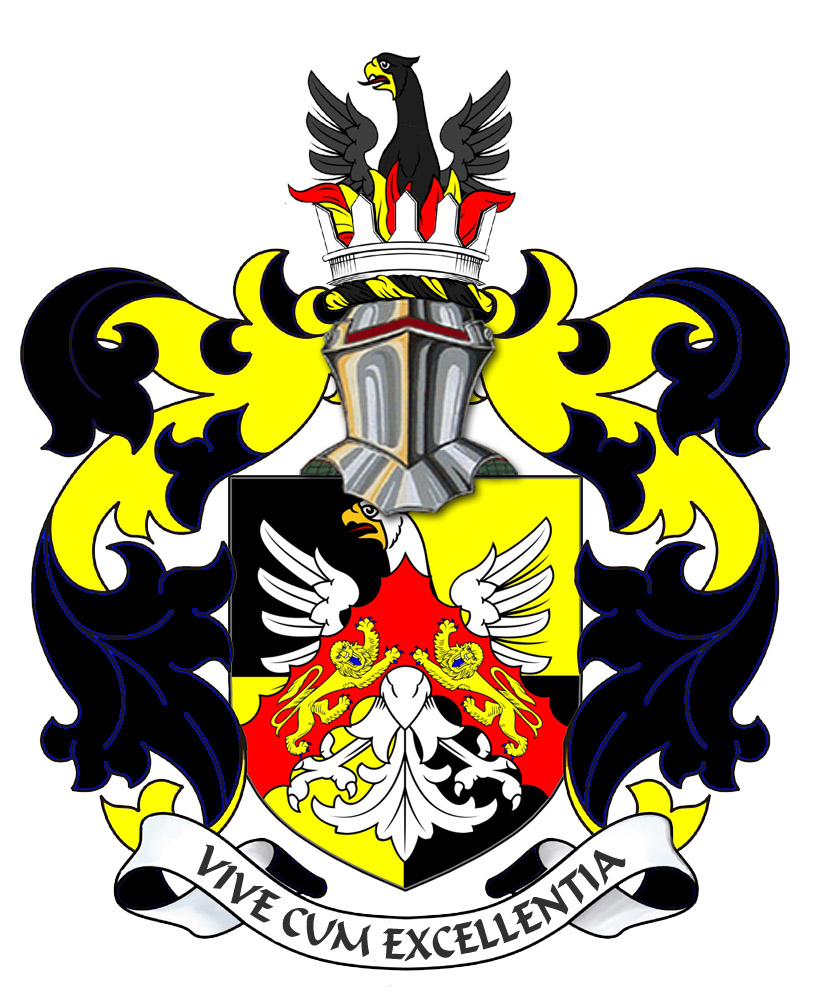
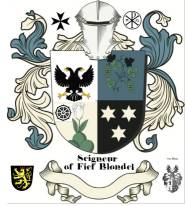
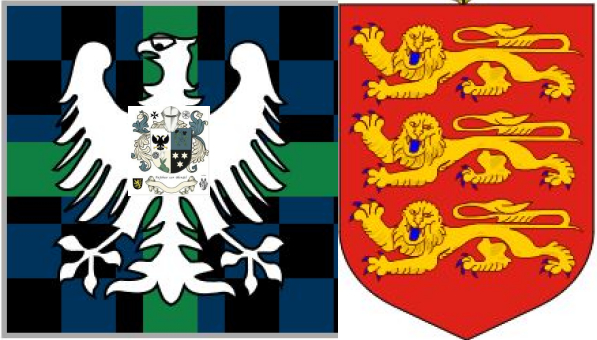

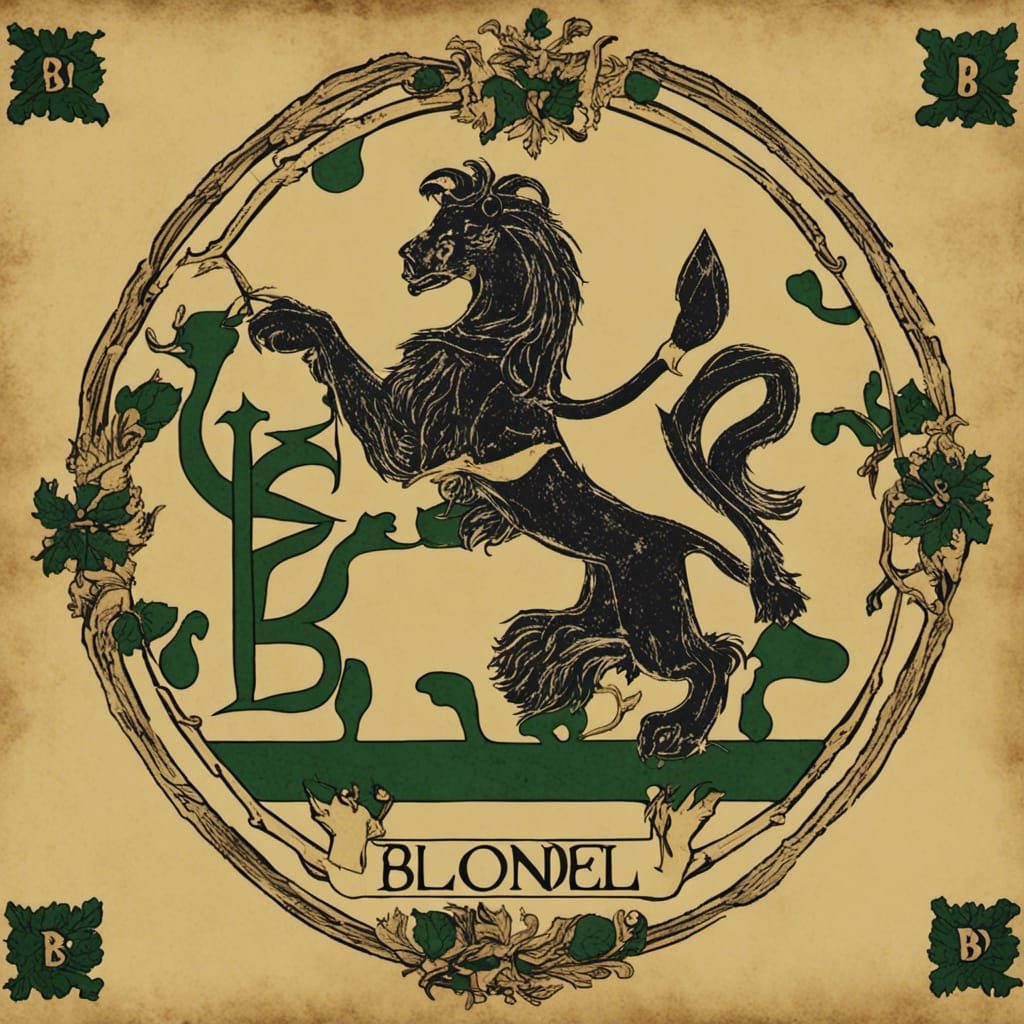
George Mentz Education -
Commissioner George Mentz
-
https://finance.yahoo.com/news/commissioner-george-mentz-clinches-influencer-180000705.html
-
George Mentz News -
George Mentz Net Worth - George Mentz Noble Tilte -
George Mentz -
George Mentz Trump Commissioner -
George Mentz Freiherren Count Baron -
George Mentz Global Economic Forum -
George Mentz Donates Millions